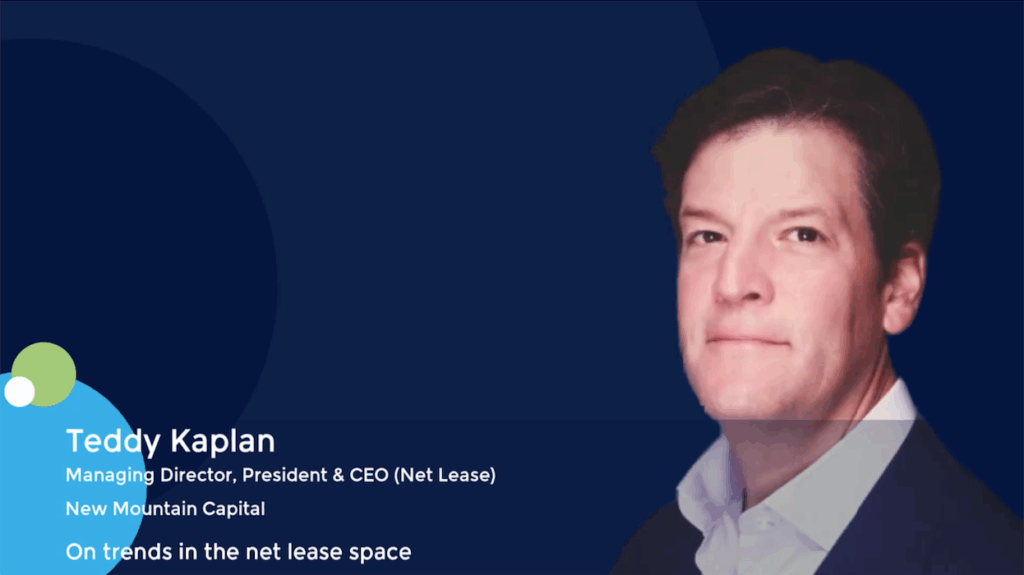Private Equity Trendspotter: Sluggish PE market struggles with deal execution, braces for pent-up demand wave
- 83% year-on-year volume drop, 47% deal count drop reveals extent of market woes
- Hopes for easing of deal execution hurdles in coming months
- Strong appetite persists for healthcare, tech, carve-outs and P2Ps
With private equity (PE) buyout activity likely to remain muted in 2023 amid financing woes and valuation gaps, the market is bracing itself for a wave of deal activity that will likely come to fruition in 3Q23 and spill into 2024, PE practitioners told Mergermarket.
With the industry confronting valuation dislocations and rising interest rates that have limited the availability of debt, disclosed deal value for Europe-based targets in 1H23 has seen an 83% drop versus 1H22, accompanied by a 47% decrease in deal count. Exit activity is also at its lowest point since 2009, with secondary buyouts (SBOs) hit particularly badly, as reported.
“Since the end of Q1, what we’ve seen is a slowdown in the pace of execution, rather than necessarily a slowdown in PE wanting to execute transactions that they want to do,” said Jason Zemmel, partner at CMS. “Deals used to generally have a six-to-eight-week timetable once due diligence advisers were appointed – but our clients are spending more time on this before pushing the button on pure execution.”
Technology and healthcare deals remained popular in 1H23, accounting for 29% and 30% of disclosed deal volume, respectively. The largest deal announced during this period was EQT’s [STO:EQT] GBP 4.88bn planned take-private of veterinary pharmaceuticals business Dechra [LON:DPH], accounting for 18% of disclosed deal value.
Sponsor appetite for healthcare in particular has remained strong with pharmaceutical businesses including Gyrus Capital-backed Essential Pharma and Inflexion’s Rosemont tipped to come to market. The latter has a Likely to Exit (LTE)* score of 72, according to Mergermarket’s predictive algorithm.
Dealmaking has not been plain sailing across all sectors, however, particularly when it comes to large assets that would typically demand high multiples. PAI Partners recently ended sale talks with vendor Capvis for Italy-based cosmetics group Gotha Cosmetics over price expectation mismatches, and BC Partners-backed Vet Partners saw first-round bids come in below the vendor’s expectations, as reported.
“Many processes have stopped, and the reasons are multiple,” said François Jerphagnon, member of the board of Ardian France and head of Expansion at Ardian. “It’s often down to discrepancy between what sellers had on their table in first round offers versus their expectations; and more and more, we are seeing that for every company, if there is a small negative thing compared to expectations – for example, uncertain current trading, EBITDA normalizations – people now want to understand what it is behind it, and are more reluctant to buy these normalizations.” This largely affects the large-cap space, and to a certain extent the mid-cap, he added.
Finding value
Faced with a dip in deal activity, sponsors have not been sat twiddling their thumbs, and have instead stepped up their portfolio management activity.
“This is a year for tightening a portfolio’s EBITDA,” said Stephen Moon, managing director with the PE Performance Improvement team at Alvarez & Marsal. “There is pressure on every investment thesis with interest rates and inflation going up, particularly in the UK, where it is a big concern. We have got to drive profitability and keep the investment thesis on track – we can’t lose a year. We are busy driving those plans, be it adapting ones from three years ago or bringing new ones to bear.”
PE-backed companies currently pursuing acquisitive growth strategies include Palatine-backed sustainability consultancy Anthesis, as well as Ardian and Latour Capital’s Groupe RG, which produces personal protective equipment.
Alongside this shift in attitudes to value creation, general partners (GPs) have been shifting their deal sourcing activities, too. This has included turning to the public markets to deploy, driving a 10-year record number of private to public transactions, as reported. Candidates deemed potential PE targets include Switzerland-based chemicals group Clariant [SWX:CLN], and ongoing processes include Triton’s planned acquisition of Finland-based construction group Caverion [HEL:CAV1V].
Sponsors investing in privately owned companies are also seeing an uptick in opportunities. Apheon (formerly Ergon Capital) is receiving fresh approaches from some founders it spoke to as part of its origination efforts around two years ago, but is cautious. “We would not do these deals today under the same conditions that we might have done last year,” said founder and managing partner Wolfgang de Limburg. “We have the biggest attrition ratio that we have ever had in terms of funnel and deals, and we would be much more careful on some sectors now.”
Live processes for privately owned assets include Dutch engineering equipment wholesaler Eriks, which is owned by industrial group SHV Holdings. Other recent processes have stumbled over valuation gaps, however, including Heine Optotechnik, which initially drew significant sponsor interest.
GPs focused on carve-outs are also seeing opportunities, with UK-based Sullivan Street Partners and Inspirit Capital on the look-out for deals. “We are doing much more than we were in the past on carve-outs,” said Moon. “It’s beyond an uptick at this point – we’re seeing real growth in industrials carve-outs.”
Fundraising woes
While sponsors continue to assess new opportunities, fundraising occupies much of their attention. Buyout and generalist funds raised EUR 98.7bn across 45 closes in 1H23, versus EUR 105bn across 68 vehicles in 1H22, according to Unquote Data.
The drop in the number of funds holding closes reflects large managers coming back to market. Just three funds accounted for almost half (46%) of the capital raised in 1H23 via three funds: Permira’s EUR 16.7bn flagship fund; TA Associates’ USD 16.5bn 15th iteration of its platform strategy; and Warburg Pincus’ USD 15.4bn 14th Global Growth fund.
“If you look back to funds that were launching towards the end of 2021, a lot of large-cap players in technology growth and buyout went on to suck most of the capital out of the market in 2022,” said Kate O’Meara, director at private capital and fundraising advisory firm Asante Capital. “This caused a hangover into 2023, and we’re likely to continue to see this in 2024.”
While PE exits remain at low levels, fundraising is unlikely to pick up across the board. However, sponsors of various size ranges are planning to come to market next year, including Germany-based Capiton and Netherlands-based Egeria, as reported.
All in the execution
Although there is hope for a revival of deal activity, the PE industry is at a turning point where it will need to acknowledge some difficult truths. “The industry has gone through so many great years in a row – there have been some bumps, including COVID and the GFC – but overall, the markets rebounded quickly,” said Jerphagnon. “Now, with the increase in interest rates, the game has changed, and people are taking the time to realize that. This has an effect on capital allocation on a global level, with LPs considering whether or not to invest in PE, and I’m not sure if the industry has realized the full effect of that.”
Against this backdrop, sponsors are waiting to see whether an uptick in dealflow will truly materialize. “It’s execution, execution, execution. We can all be busy in data rooms, drafting transaction documents, and doing diligence – but it only really matters if you close the deal. There might be a wall of deals coming in Q3 or Q4, but there is uncertainty as to if they’re going to close, regardless of the size.”
Processes currently tipped to come to market later this year include Portugal-based agricultural technology firm Rovensa, which could be brought to market in the next six to 12 months by owners Partners Group and Bridgepoint, as reported. Sponsors are also testing the waters for more cyclical companies, such as Bridgepoint and Towerbrook-backed ACPS Automotive. The company has an LTE score of 51, with its holding period the strongest contributor to the score.
*Mergermarket's LTE predictive analytics assign a score to sponsor-backed companies to help track and predict when an exit could occur through M&A, an IPO, a direct listing or a deSPAC transaction.










